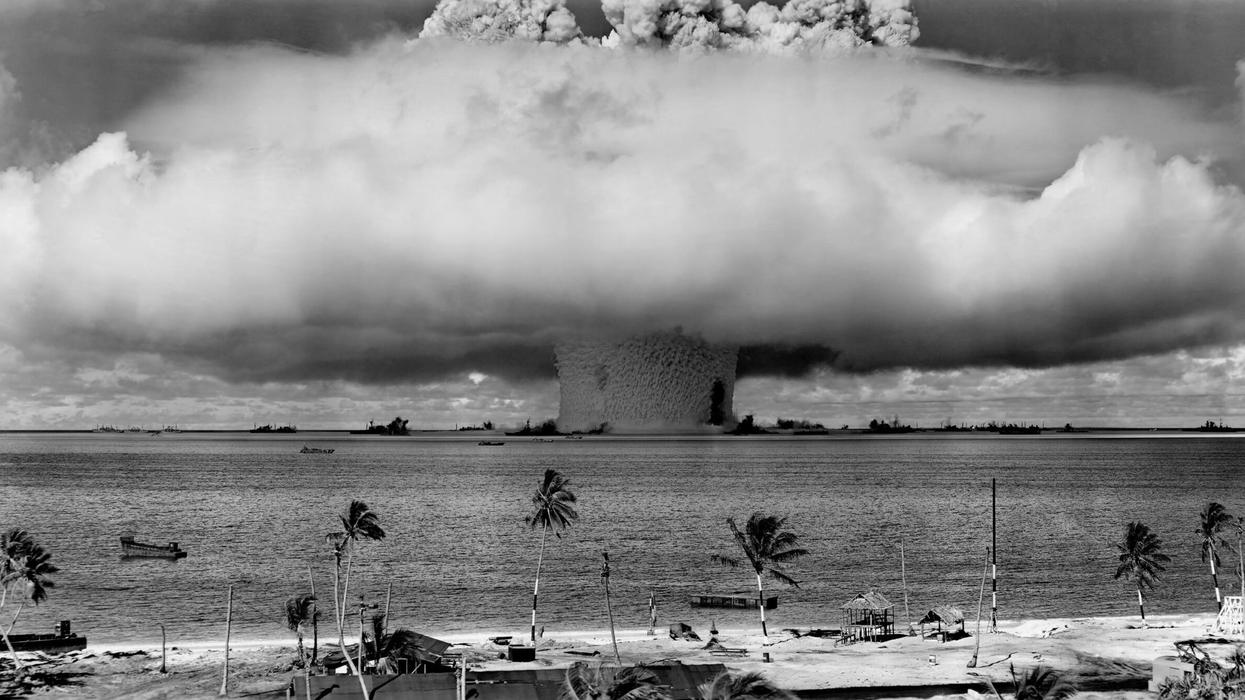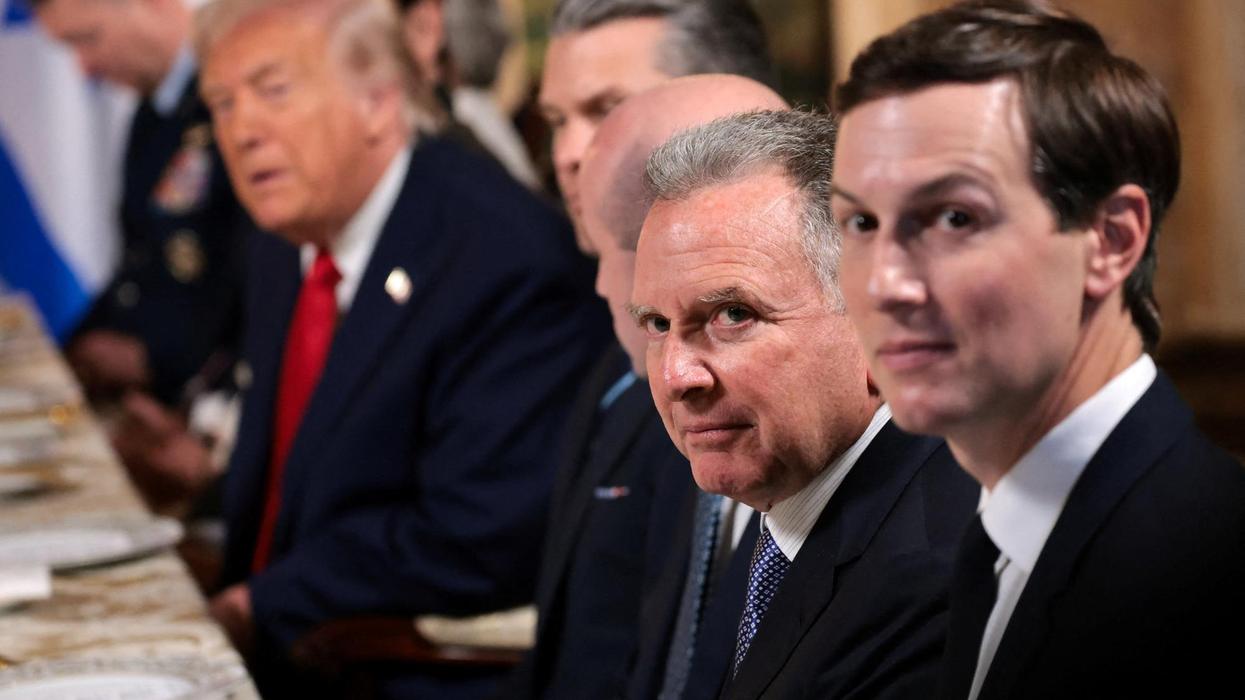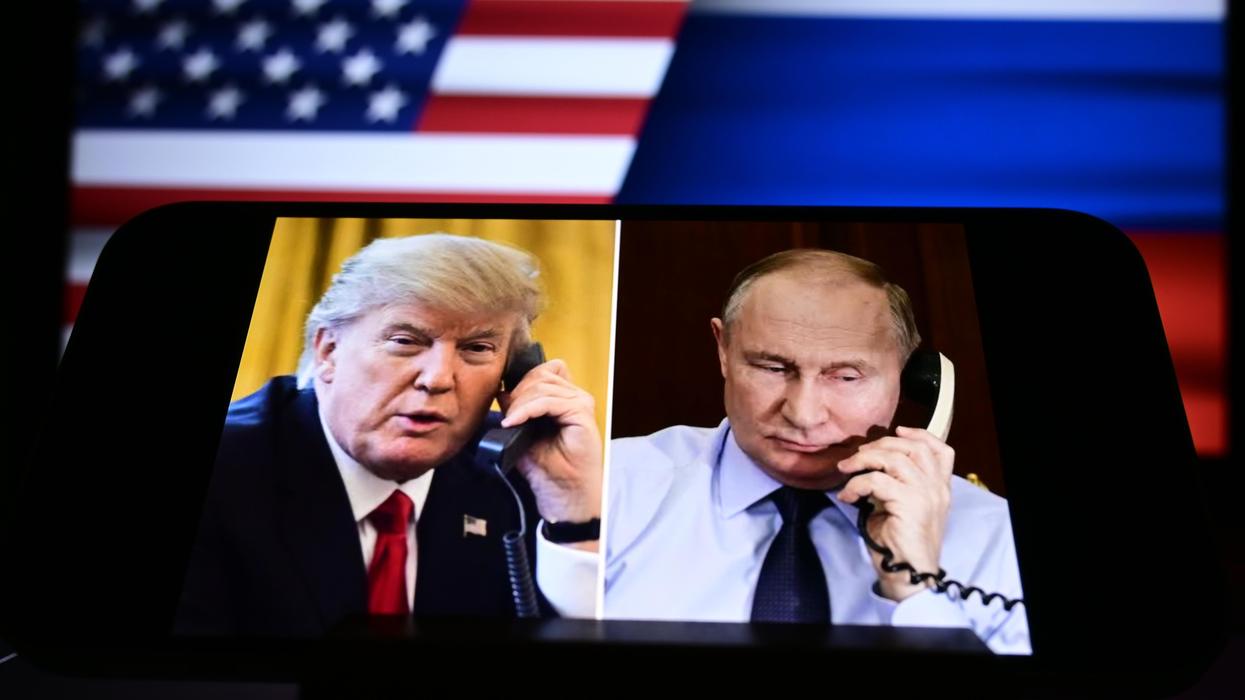In the wake of the Wagner Group’s aborted rebellion in Russia, Russian Foreign Minister Sergei Lavrov has said both that Wagner’s activities “will continue” in Mali and the Central African Republic, and that it is for African states to decide the future of their contracts with the mercenary group.
Meanwhile, the looming end of a 20-year United Nations peacekeeping mission in Mali will give Wagner a freer hand there, including in perpetrating massacres. Indeed, the trigger for Malian authorities’ decision to expel the peacekeepers was the latter’s recently released report on a mass killing in the town of Moura in 2022.
For the moment, then, the turmoil in Russia and Ukraine has not altered Wagner’s trajectory in Mali. If it came down to a binary choice between the Russian government and Wagner, Mali’s authorities would likely side with the former, but so far all parties appear keen to avoid that kind of dilemma.
The expulsion of the peacekeepers has accelerated a trend toward Western states working to contain, rather than directly manage, Mali’s instability. France, the longtime lead on counterterrorism and stabilization efforts in Mali, actually drafted the Security Council resolution to end the peacekeeping mission. Germany, another significant player in Mali and the surrounding Sahel region, is now withdrawing its troops even faster than planned.
Meanwhile, both France and Germany have already been pivoting over the past year towards even greater partnerships with neighboring countries, particularly Niger. The United States, for its part, is also focusing more on shielding coastal West Africa from instability than on resolving crises in the Sahel.
Over the next year and more, however, Mali looks set to entrench its growing pariah status. A recently passed constitutional referendum strengthens the powers of the presidency and demonstrates the military junta’s tight control over the country’s political space. The “yes” vote garnered 97 percent of the vote, a proportion on par with the results of election in the world’s most brazen autocracies.
Meanwhile, voting for the referendum likely did not take place in the northeastern region of Kidal, a bastion of recurring rebellions and quite possibly — amid degrading relations between Kidal and the junta in the capital Bamako — the site of renewed rebellion sometime soon. Back in Bamako, there is a strong possibility that the junta will run one of its own in the presidential elections scheduled for next year.
Within Mali, Western powers, including the United States, thus have limited leverage and limited credibility. The best options for American policy towards Mali, given these constraints, lie in (1) encouraging Malian authorities not to provoke a renewed rebellion in the northern part of the country, while also encouraging ex-rebels to de-escalate, and (2) quietly urging the Malian authorities to pursue a de-escalatory path with jihadists. Another rebellion in the north (after those in 1990, 2006, and 2012) would be a disaster for the already conflict-torn country, and the military-led government appears overconfident about its ability to react to a new rebellion.
Meanwhile, the prospects for making peace with jihadists are slim, but there have been strong signals recently that jihadists would consider a national-level dialogue under certain circumstances.
Wagner’s presence — detested by Washington, northern ex-rebels, and jihadists alike — looms as an obstacle to all of those peacebuilding goals. Yet when Washington and European governments frame the issue of Wagner in charged ideological terms, it only plays into the Malian military junta’s (likely cynical) usage of “sovereignty” as a populist rallying cry. The Malian junta, which ultimately appears to be a self-interested entity, understands well that it has wide room to maneuver, at least in the capital, so long as it controls a few key levers of repression and patronage. The junta has also used Wagner’s presence to deepen its own profits from gold mining in the country, while also enriching a host of Malian intermediaries and seeking to keep Wagner’s presence more discreet than in the Central African Republic.
Amid Western efforts to contain Mali, there is growing American and European attention to Wagner’s financing in Africa. On June 27, the Treasury Department imposed sanctions on four gold companies and one Russian national accused of facilitating Wagner’s operations in Africa; the Russian national is accused of “work[ing] closely with [Wagner leader Yevgeniy] Prigozhin’s entity Africa Politology and senior Malian government officials on weapons deals, mining concerns, and other Wagner Group activities in Mali.” These sanctions add to a pre-existing sanctions program targeting Wagner.
Meanwhile, on June 13, French authorities briefly questioned a Malian ex-minister and close associate of both the junta and Wagner, who was reportedly carrying a huge sum of Euros. The incident may have been a warning of sorts to the junta. Neither targeted sanctions, nor scrutiny of Malian elites’ international movements, have yet appeared to affect the facts on the ground in Mali. The sanctions appear unlikely to drive Wagner from Mali; Washington will have to take a long view, thinking through whether and how it will engage with the military-dominated government not just during the current “transition,” but through 2024 and beyond.
















